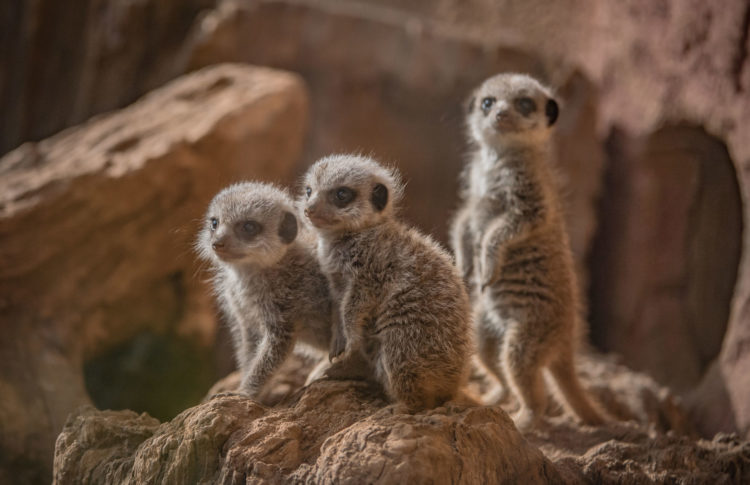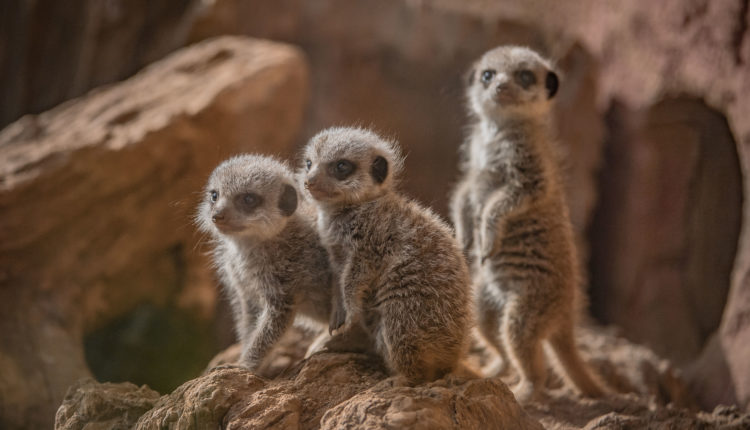Last week Chester Zoo said it was facing a fight for survival after losing millions of pounds in the coronavirus lockdown and said job losses were possible – but now it is getting a lifeline. Tony McDonough reports

Chester Zoo will be allowed to open from next Monday, it has been revealed – just hours after zoo bosses warned job losses were likely amid a worsening cash crisis.
The zoo has been closed since just before the coronavirus lockdown in March and, with no paying customers coming through the gates, has already lost £5m. With monthly running costs totalling £1.6m, the charity has warned its future was at risk.
However, Prime Minister Boris Johnson is to allow zoos and safari parks to reopen from next Monday, June 15. The decision follows a Zoom meeting with Cheshire Conservative MPs on Sunday morning. The Minister for the Pacific, International Environment, Climate and Forests, and Animal Welfare, Zac Goldsmith promised to do “whatever it takes” to ensure the zoo’s survival.
On Tuesday afternoon, Chester Zoo said it was considering job cuts as its financial worsened. However, on Tuesday evening it received the news it had been hoping for. In a statement, it said: “We have just received the news that we’ll be able to open safely from June 15.”
Last week Chester Zoo launched its Save Our Zoo campaign which, in less than 48 hours, raised well in excess of £1m. The statement thanked everyone who had offered supporting, adding: “Your support has been incredible. Every kind donation, every word of support. It really did make a huge difference.
“The fight isn’t over for us just yet. There’s no denying that we have suffered severe financial damage over the past three months and the road to recovery will be long and uncertain. But your incredibly kind donations, animal adoptions and memberships have given us a vital lifeline.
“Over the next few days we’ll be letting you know when and how you’ll be able to book a ticket to visit. Please bear with us while we do this.”
It is estimated the zoo, and its 37,000 animals, generates more than £80m for the regional economy every year and, during the normal summer peak period, employs up to 1,000 people. It is also involved in 80 conservation projects around the world.

